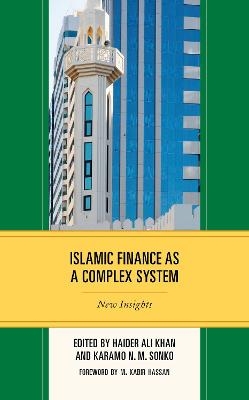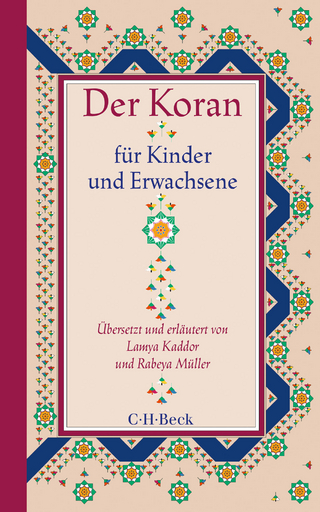
Islamic Finance as a Complex System
Lexington Books (Verlag)
978-1-7936-0865-9 (ISBN)
There has been a rapid increase in the interest in the study of Islamic finance, resulting in a dramatic rise in financing since the beginning of the century. By the end of 2017 global industry assets had reached $2.4 trillion and were forecasted to reach $3.2 trillion by 2020, despite historic challenges to Islam itself at the same time. This collection of chapters provides key theoretical, empirical, and policy insights into Islamic finance from an overall complex financial and economic systems perspective. Within the complex financial and economic systems framework, this book addresses questions such as how to conceptualize Islamic financial institutions in a nonlinear general equilibrium system, how to promote Islamic Finance in Africa, how “Islamic” is Islamic finance, and how it affects price stability, among other topics. The book provides case studies in Africa and Asia, addresses the subject in a structural financial CGE model, demonstrates the development impact of Islamic finance, and presents an Islamic version of the Iceland Plan for Monetary Reform.
Haider Ali Khan is John Evans Distinguished University Professor at the Joseph Korbel School of International Studies at the University of Denver. Karamo N.M. Sonko is Chairman and Founder, Heeno International.
Foreword
M. Kabir Hassan
Chapter1 :Introduction
Haider A. Khan and Karamo N.M. Sonko
Chapter 2: Islamic Banking in General Equilibrium: A Structural CGE Model for Policy Making within a Complex Socio-economic System
Haider A. Khan
Chapter 3: Promoting Islamic Finance in Africa: Top Bottom or Bottom Up? A Case Study of Banking in The Gambia
Karamo N.M. Sonko and Mariama Sonko
Chapter 4: Making Islamic Finance “Islamic”: Authenticity in Islamic Banking and Finance Institutions
Sarah A. Tobin
Chapter 5: Does Islamic Banking Favour Price Stability? Empirical Evidence from the GCC, Iran and Sudan
Tamsir Cham
Chapter 6: The Sukuk Industry in Malaysia
Nursilah Ahmad
Chapter 7: Islamic Finance as a Contributor to Development Finance: Some Views from the World Bank Group
Ousmane Diagana
Chapter 8:Islamic Banking after Financial Crises: A Version of the Iceland Plan for Monetary
Reform
Asad Zaman
| Erscheinungsdatum | 10.05.2021 |
|---|---|
| Co-Autor | Nursilah Ahmad, Tamsir Cham, Ousman Diagana |
| Zusatzinfo | 41 BW Illustrations, 19 Tables |
| Verlagsort | Lanham, MD |
| Sprache | englisch |
| Maße | 161 x 231 mm |
| Gewicht | 535 g |
| Themenwelt | Geisteswissenschaften ► Religion / Theologie ► Islam |
| Sozialwissenschaften ► Soziologie ► Spezielle Soziologien | |
| Wirtschaft ► Betriebswirtschaft / Management ► Finanzierung | |
| Wirtschaft ► Volkswirtschaftslehre | |
| ISBN-10 | 1-7936-0865-2 / 1793608652 |
| ISBN-13 | 978-1-7936-0865-9 / 9781793608659 |
| Zustand | Neuware |
| Haben Sie eine Frage zum Produkt? |
aus dem Bereich


